Google’s ad dominance under fire
The ACCC will pursue the tech giant’s digital advertising stranglehold and potential misuse of market power.
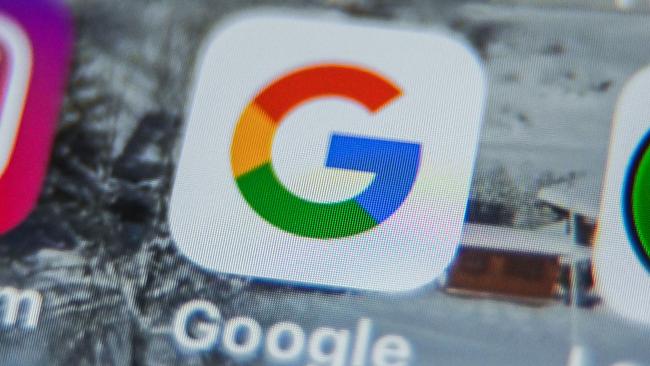
Google’s digital advertising dominance and potential misuse of market power will be pursued by the Australian Competition & Consumer Commission, which has raised concerns over the tech giant’s stranglehold on personalised display ads.
The interim report for the ACCC’s Digital Advertising Services Inquiry, to be released on Thursday, warns of a lack of competition and transparency across the $3.4bn display advertising sector and Google’s “ability and incentive to favour its own related business interests”.
The consumer watchdog’s investigation into digital display advertising, which makes up 37 per cent of the $9.1bn online advertising market, found Google held up to 90 per cent of the industry when measured via impressions, and 70 per cent of the revenue.
Display ads are banners and videos that are personalised to each individual user, and then follow the user around the internet. Google’s technology powers the real-time auctions in which the ads are sold, and the company controls virtually the entire advertising supply chain.
The $1.8 trillion digital behemoth has been accused of preferencing its own products, without giving marketers transparency over where their budgets are spent.
The new flashpoint over digital advertising comes as Google and Facebook push back against the federal government’s proposed media code, which would force them to pay for news content and share data collection methods with media companies and public broadcasters.
The ACCC’s interim Digital Advertising Services report raises issues about the impact on publishers, advertisers and consumers if existing supply chain problems are not addressed.
“Effective competition in the Ad-Tech industry is important for Australian consumers. If advertisers pay too much for digital advertising, the costs will be passed on to consumers in the form of higher prices for goods and services,” the report states.
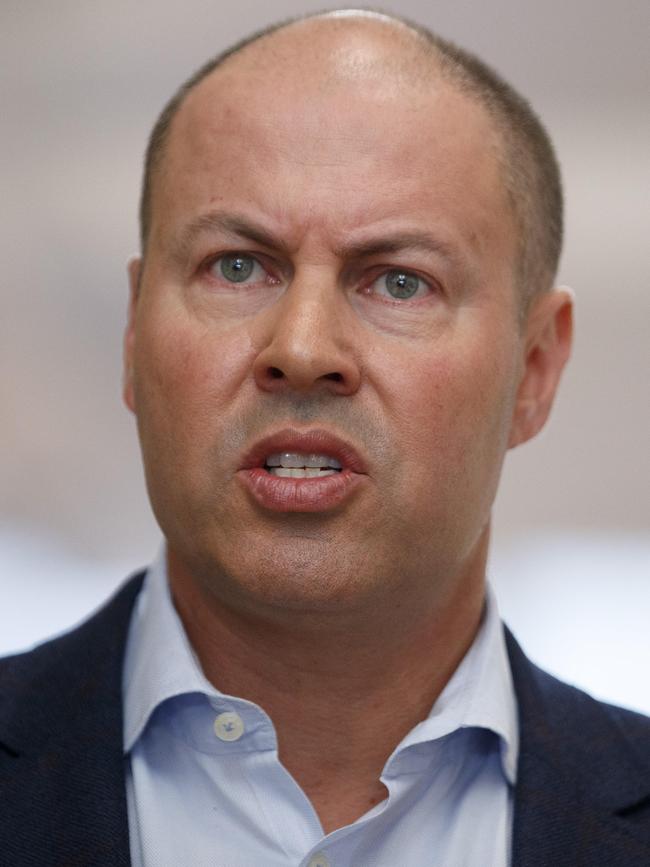

“If publishers receive too little revenue for their advertising inventory, consumers will face a reduction in the quality and variety of online content.
“While there are a large number of Ad-Tech providers across the supply chain, Google is by far the largest provider of each of the four key services considered.”
Josh Frydenberg said the Morrison government was committed to ensuring Australia’s regulatory frameworks kept “pace with the changes being driven by digital platforms”.
The Treasurer, who directed the ACCC last February to conduct an inquiry into markets for the supply of digital advertising technology services and digital advertising agency services, said digital platforms had “fundamentally changed the way that media content is produced, distributed and consumed”.
“While this is an interim report, the government notes the ACCC’s concerns over competitiveness and the continued dominance of tech giants,” Mr Frydenberg said.
“The government looks forward to receiving the final report later this year as we continue delivering reforms to better protect and inform Australian consumers and businesses in the digital age.”
Google Australia managing director Melanie Silva last week told a parliamentary hearing that the government’s proposed world-first news media code, designed to deliver funding lifelines for community, regional and metropolitan outlets, would make it “untenable” for the company to operate in Australia.
In response to Ms Silva’s suggestion Google would turn off the company’s search engine in Australia if the legislation was passed, Scott Morrison said the federal government “doesn’t respond to threats”.
Under current arrangements, for every $100 of online advertising spend, $53 goes to Google, $28 goes to Facebook and $19 goes to other participants.
The ACCC said Google’s presence across the Ad-Tech supply chain and its strong position in the delivery of services allowed it to have the “ability and incentive to favour its own related business interests (self-preferencing)”.
“A significant amount of advertiser spend is clearly retained by Ad-Tech providers. Based on information gathered by the ACCC during the inquiry, the ACCC estimates that, on average, fees for Ad-Tech services directly involved in the trading and serving of ad impressions made up 28 per cent of advertiser expenditure on display advertising impressions in Australia in 2019.”
The report says the ACCC has not yet reached a view on concerns raised by stakeholders in relation to alleged self-preferencing by Google and the “potential to infringe the misuse of market power provision” under the Competition and Consumer Act.
“The ACCC has not yet reached a view on whether any of the conduct discussed in this report breaches the CCA, but will continue to examine these issues during the inquiry.”
The ACCC has outlined several proposals to address issues in the digital advertising sector, including reducing data-related barriers to “entry, promoting expansion and competition”, addressing issues of supply chain opacity, and responding to concerns around conflicts of interest and self-preferencing.
Proposed reforms include new rules aimed at increasing transparency across the sector and better management of vertical integration issues. The ACCC also suggests the rollout of a voluntary industry standard delivering greater oversight of data.
Data services providers in the Ad-Tech supply chain include ad verification and attribution providers, data management platforms and data providers.
The ACCC will deliver its final Digital Advertising Services report by August 31.

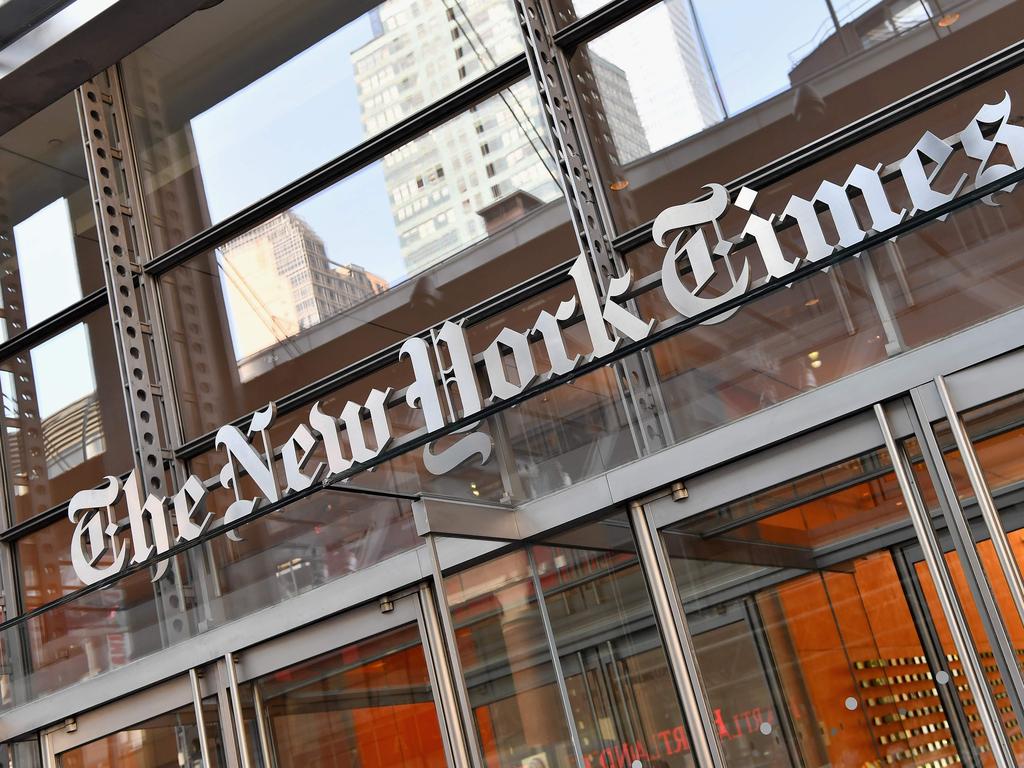
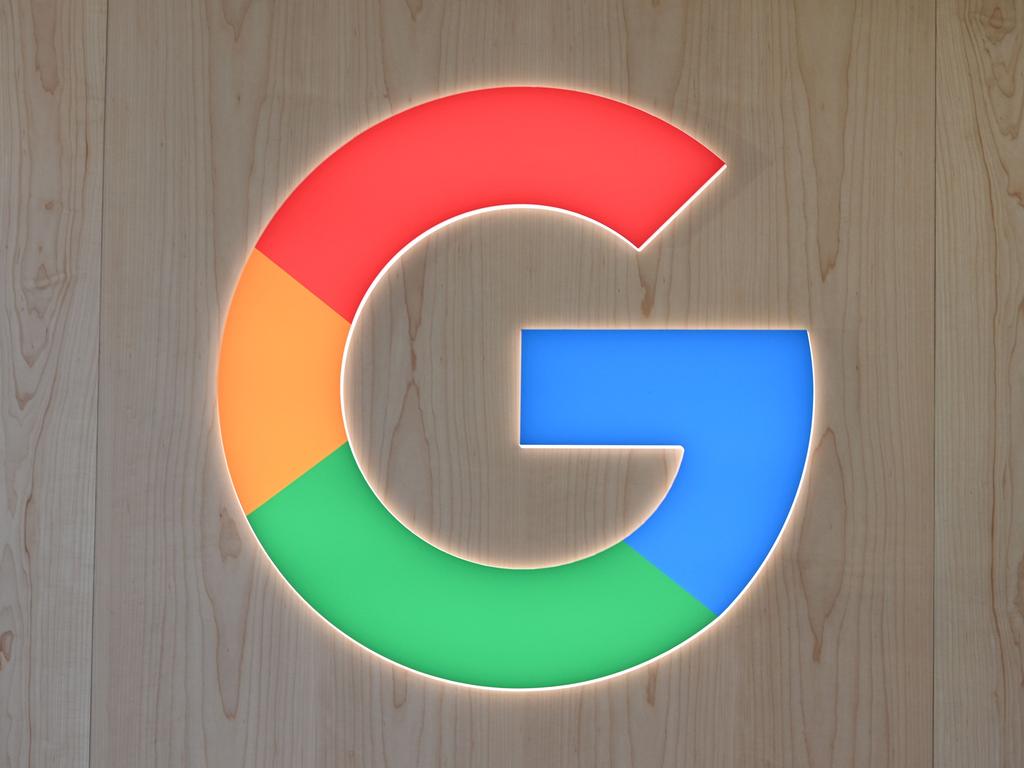

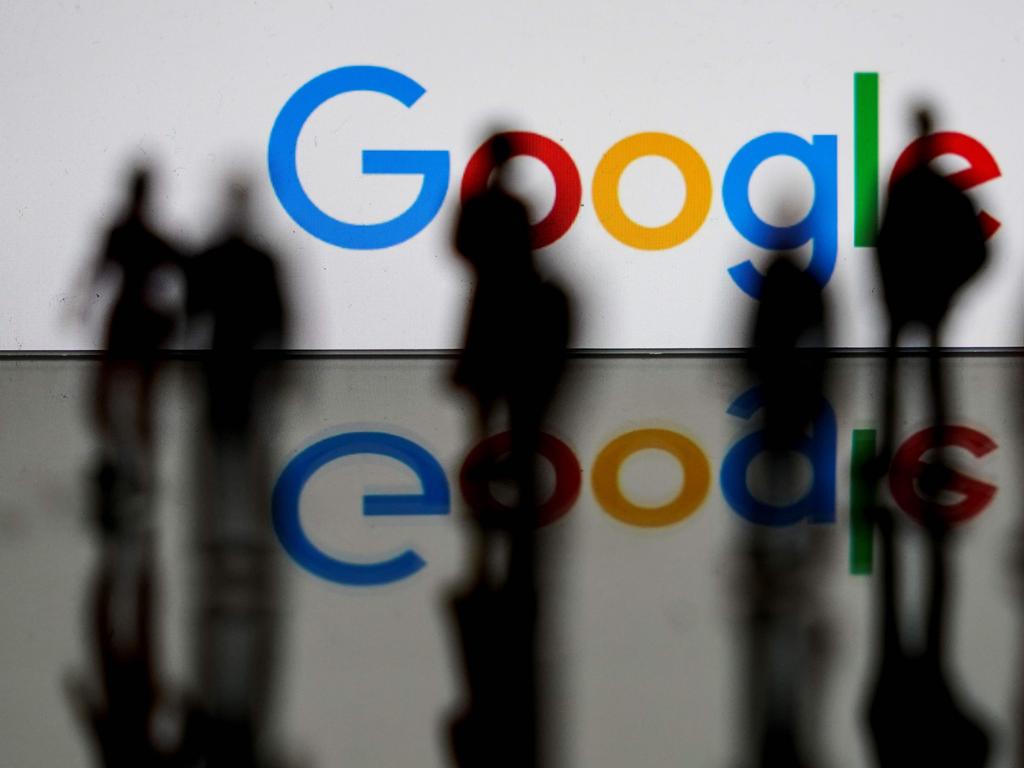


To join the conversation, please log in. Don't have an account? Register
Join the conversation, you are commenting as Logout